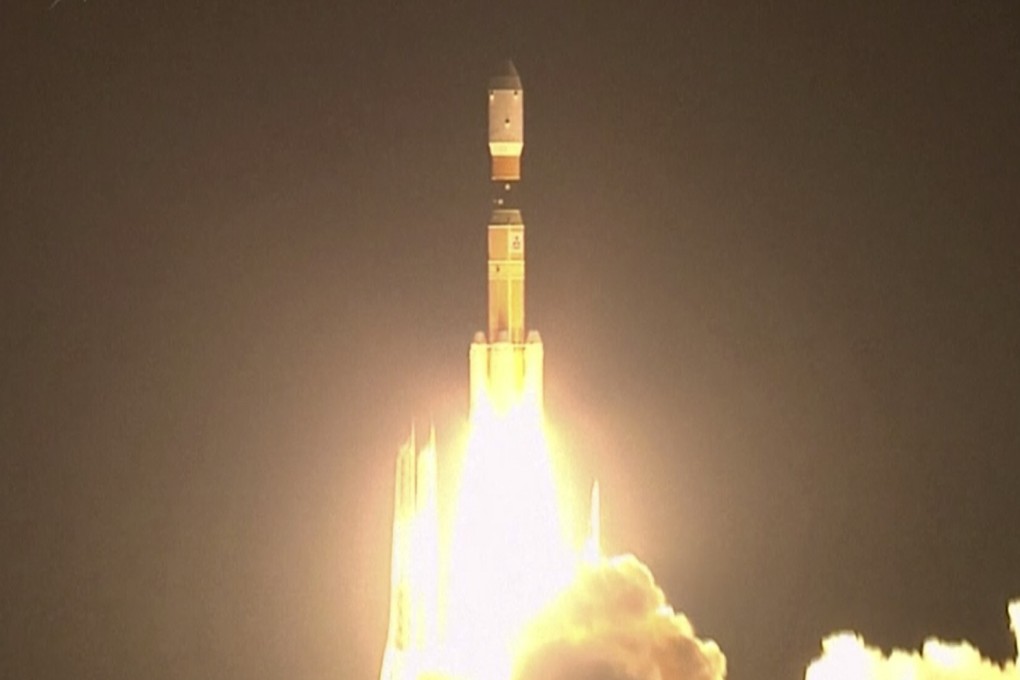China’s space breakthroughs put a rocket under Japan
- With ‘techno-nationalism’ fuelling a new space race, Japan has passed a new law allowing its companies to collect resources from the moon, asteroids or other celestial bodies
- Tokyo is driven not only by a desire to compete with China, but by an increasing realisation of the commercial potential of space, experts say

The new legislation coincides with increased interest and investment in space ventures by both private companies and the government-funded Japan Aerospace Exploration Agency (JAXA), which in July completed the first test in space of a next-generation rocket engine with sufficient thrust to theoretically enable spacecraft to reach speeds of Mach 6, more than 3,800mph (6,110km/h).
With broad cross-party support, the Diet in June passed the law, allowing Japanese companies to collect resources from the moon, asteroids or other celestial bodies. Japan is the fourth country to pass such legislation, after the United States in 2015 and then Luxembourg and the United Arab Emirates.
“A number of Japanese companies are already making plans to extract resources from outer space, such as Ispace, which is trying to confirm the presence of water as ice at the south pole of the moon,” said Kazuto Suzuki, a professor of science and technology policy at Tokyo University.

05:06
How China’s space programme went from launching satellites to building its own space station
“The new law now regulates the activities of these companies, with the government keen to confirm companies’ legal ownership of the resources they are able to recover.”